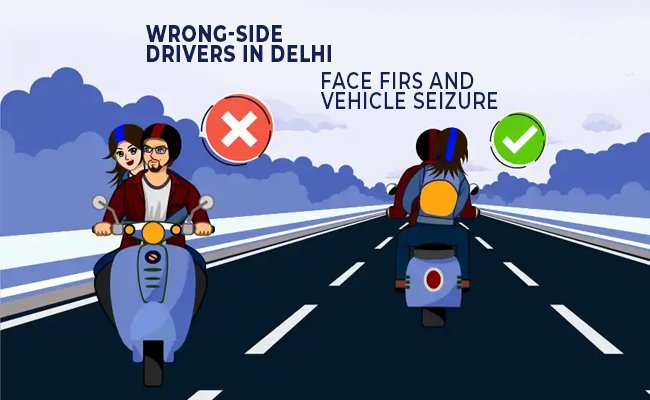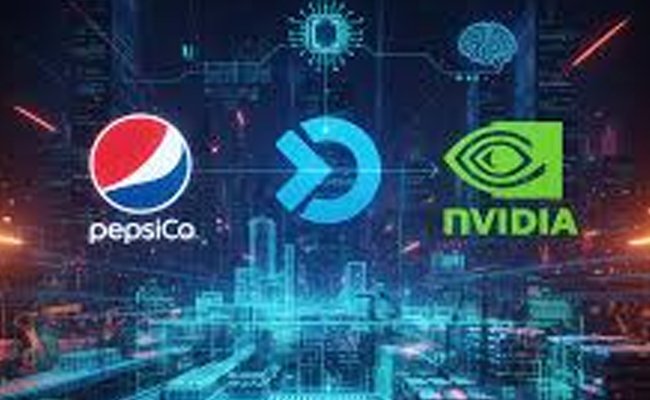Adv. (Dr.) Prashant Mali, President - Cyber Law Consulting (Advocates & Attorneys)
Technology is becoming a part of everything around us, and two areas leading the way are Artificial Intelligence (AI)—especially Generative AI—and hybrid cloud computing. These technologies are making devices and services smarter, faster, and more efficient. Alongside them, 5G networks and edge computing are helping process data closer to where it is generated, which speeds things up—especially for smart devices and IoT (Internet of Things).
Cybersecurity Is Evolving with AI and Automation
Cybersecurity is more important than ever. Threats are becoming more advanced, and many attackers are now using AI to plan and carry out their attacks. To stay safe, businesses are also starting to use AI and automation in their defenses. This allows companies to detect and respond to threats faster and more accurately. The Zero Trust security model is gaining popularity too—it means no one is trusted by default, and everyone must be verified all the time.
Companies are also realizing that technology alone isn’t enough to protect them. People play a key role in keeping things secure. Instead of boring, one-time training sessions, businesses are now using fun, real-life examples and simulations to teach employees how to stay safe online. Leaders are also setting the tone by making security a part of everyday work and encouraging open discussions around it.
DPO Must Stay Independent
The role of the Chief Information Officer (CIO) is changing. They are no longer just in charge of IT systems. Today’s CIOs are becoming business leaders, helping companies grow, innovate, and lead digital transformation. They work closely with CEOs and other leaders, understanding business goals and using technology to achieve them.
Other tech leadership roles are also becoming more defined. The Chief Technology Officer (CTO) focuses on future technologies and innovation. The Chief Information Security Officer (CISO) handles cybersecurity. And the Data Protection Officer (DPO) ensures the company follows data privacy laws, especially with new rules like India’s DPDP Act.
Although these roles are connected, it’s best that the DPO remains independent. If the same person is managing both data privacy and IT or security, it can lead to a conflict of interest. Independence helps the DPO hold others accountable and ensures data privacy is taken seriously.






